Please note: Applications are CLOSED
About Us
The Compassionate
Justice Fund
The Compassionate Justice Fund had been a vision for some time. However, during the COVID-19 Pandemic of 2020-2021, the disparities in access to health and rehabilitation services for people with traumatic brain injuries (TBI), especially those who are marginalized and underserved, became increasingly apparent.
It was no longer enough to imagine change. The vision needed to become a reality, and we knew we had to respond.
We believe that everyone deserves access to proper care and rehabilitation support, regardless of their circumstances.
In October 2020, during a Zoom meeting between the Fund’s founder and the Ontario Brain Injury Association, a meaningful partnership was established. That meeting marked the beginning of a shared commitment to bring the vision to life.
In 2021, the Compassionate Justice Fund was officially launched. Its mission: to bridge a critical gap in funding for rehabilitation services for people living with TBI—particularly those affected by violence, abuse, unstable housing or homelessness, and involvement with the criminal justice system.

01.
— Our Mission
Our mission is to help those with a TBI who are marginalized and underserved, and do not have access to rehabilitation or support services, to improve their ability to live a full and meaningful life.
02.
— Our Vision
03.
— Who is eligible?
People who live in Ontario, age 16 or older, who have sustained a traumatic brain injury (including concussion) through means of violence, abuse, who are experiencing unstable housing, and/or have intersected with the mental health or criminal justice system, and do NOT have access to other funding for services. This does not need to be a recent injury.
To learn more about our eligibility criteria, click here.
04.
— Who is not eligible?
Individuals who do not live in Ontario or have reasonable access to rehabilitation and support services.
Do I need a formal diagnosis of TBI?
You do not need to have a formal diagnosis of TBI from a medical doctor or nurse practitioner to be eligible for the fund. We recognize that many traumatic brain injuries are undiagnosed. However, you will need a clinician or caseworker to state that they believe you’ve had a TBI, or during the application process, we will ask you questions using the HELPS TBI Screening Questionnaire.

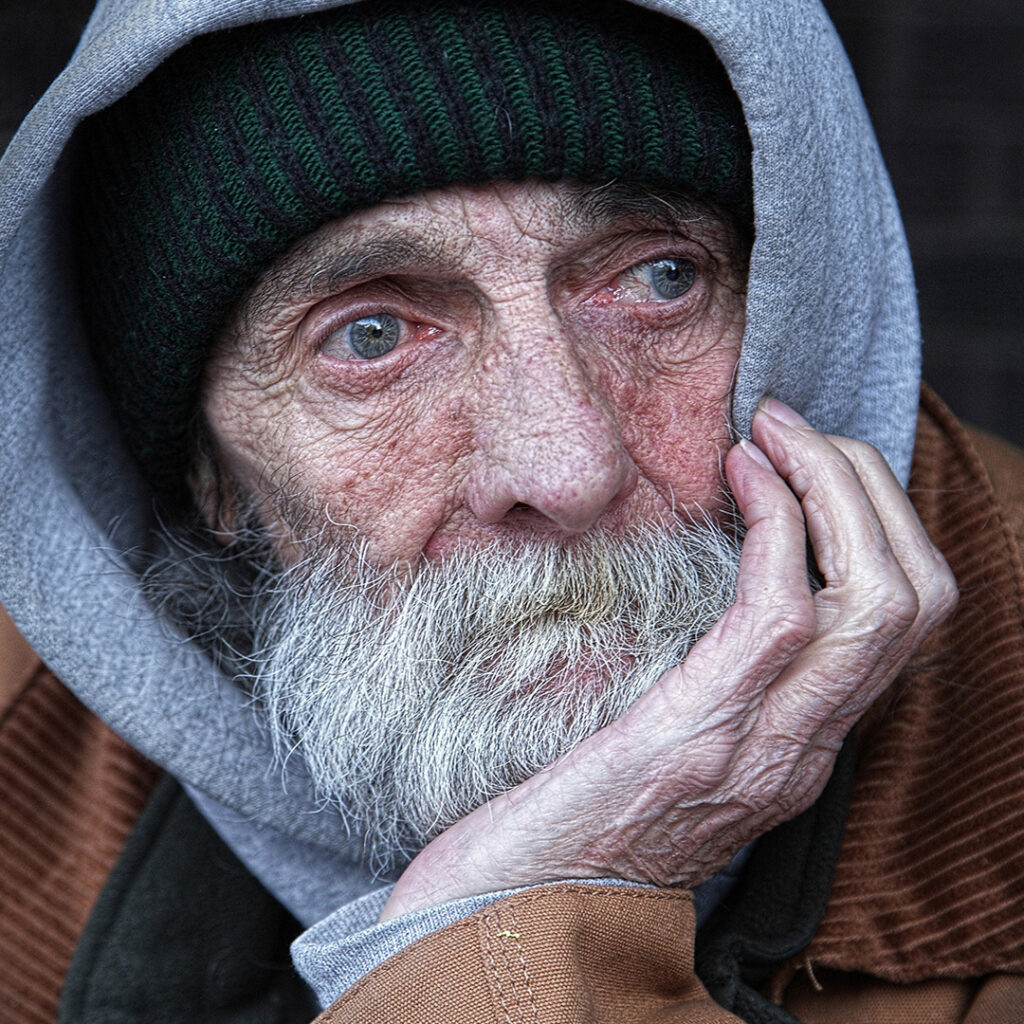
The aim of this fund
The aim of this fund is to provide financial support toward rehabilitation for individuals with brain injuries, specifically those who are marginalized and underserved.
Anyone can apply to the fund, either individually or through a referral from a member of their support team (e.g., caseworkers, probation officers, etc.), to help cover the cost of rehabilitation services. Recipients will be connected with a local rehabilitation company that will work with them to develop a care plan tailored to help them achieve their goals.
Background
Traumatic brain injury (TBI) is more prevalent than breast cancer, HIV-AIDS, and Multiple Sclerosis combined.1 It is the leading cause of disability among people under the age of 40 worldwide.2 However, it does not receive the same amount of recognition or funding. Sadly, TBI is also highly prevalent among jail and prison inmates, people who have come into contact with the criminal justice system, survivors of intimate partner violence, and individuals who are unstably housed or homeless.
Meet Isaac
As a teenager, Isaac* was an A student and a high-level hockey player. Isaac was smaller than most players, but he was fast and was an effective goal scorer. This made him a threat to the other teams, who would actively target Isaac, repeatedly checking him into the boards. Because Isaac was shorter than the other players, instead of his shoulder hitting the boards, it was his head, over and over again. Routinely, he reported seeing stars, feeling dizzy, and couldn’t remember what had happened, but he just kept playing.
*Name has been changed to respect their privacy

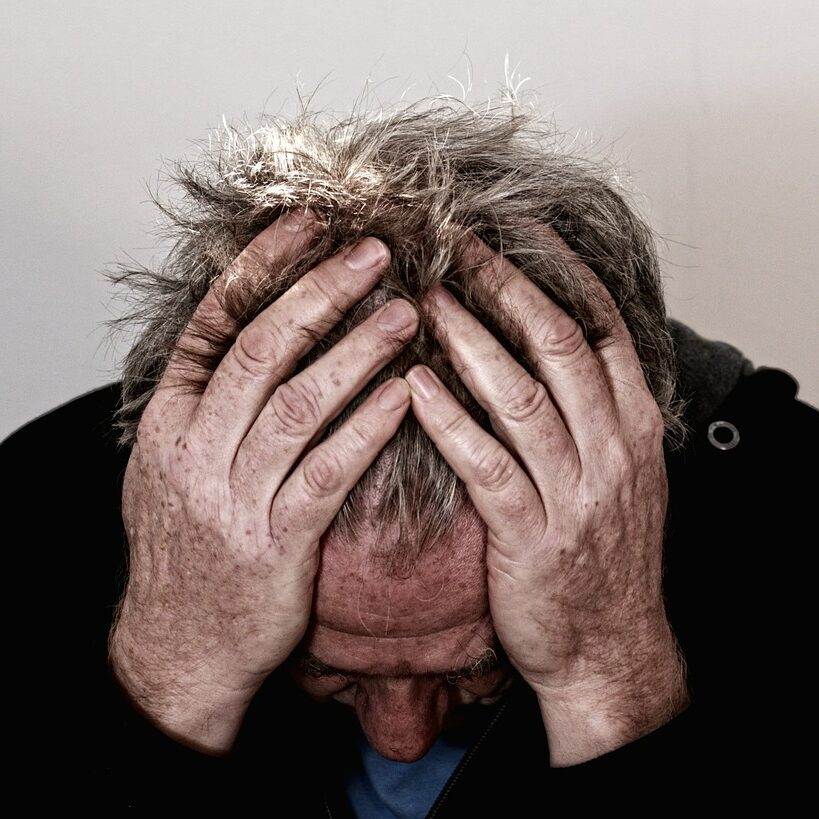
What is a traumatic brain injury?
A traumatic brain injury (TBI) refers to a blow or jolt to the head, or a penetrating head injury, which disrupts the brain’s function either temporarily or permanently.3 TBI falls under the broader category of Acquired Brain Injury (ABI), which also includes non-traumatic brain injuries such as stroke, aneurysm, and anoxia.4,5
A concussion is a TBI defined as a traumatically induced temporary disturbance of brain function. Current evidence suggests that long-term alterations in brain function are associated with concussion in some individuals. A concussion can occur, and often does, without a loss of consciousness or positive findings on medical imaging.6 The effect of multiple concussions is cumulative and can cause serious long-term consequences in some individuals.
A person does not need to hit their head for a TBI of any severity to occur, and individuals with a history of TBI, including concussion, are at a higher risk of sustaining another brain injury. Multiple TBIs are associated with slower recovery times and an increased risk for complications. Common causes of TBI include falls, motor vehicle collisions, assaults and domestic violence, as well as sports injuries.3
How does TBI affect people?
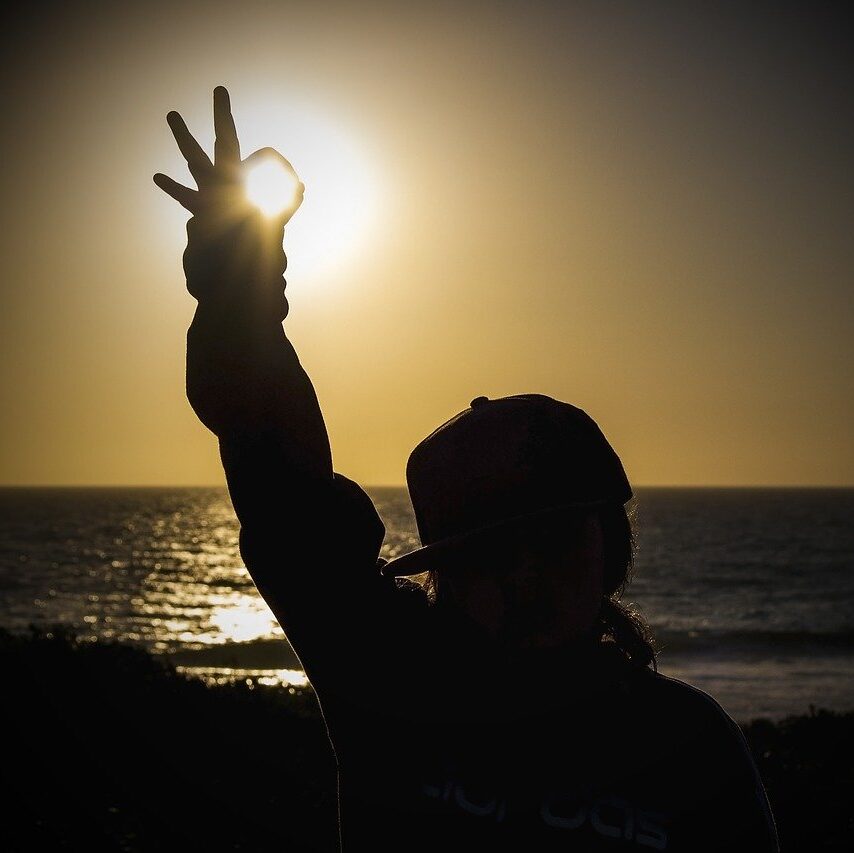
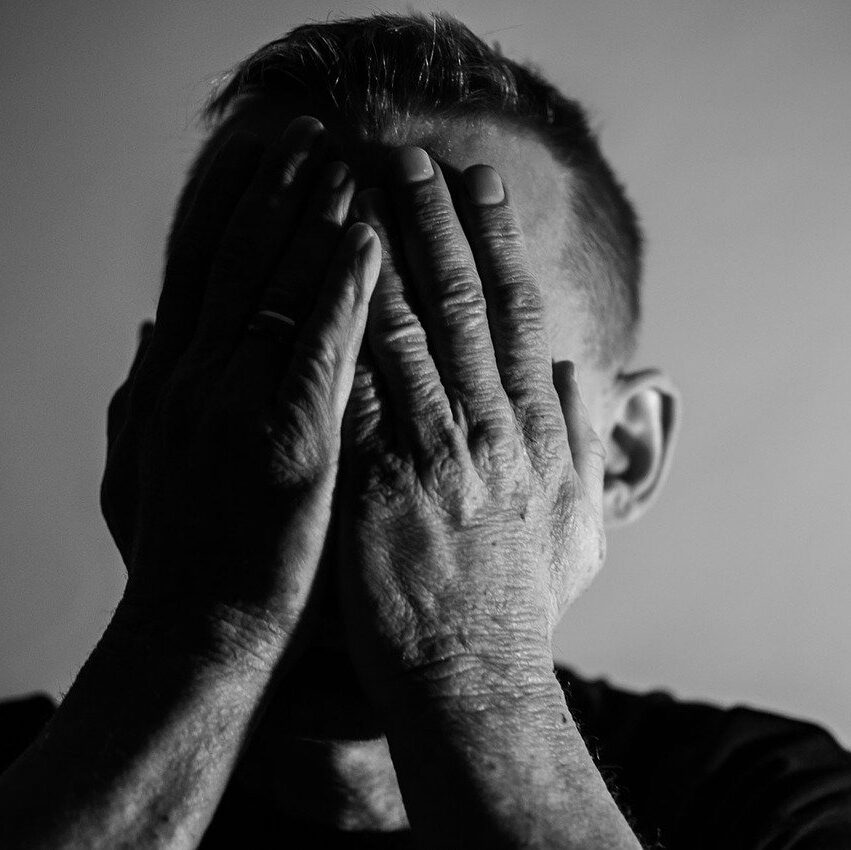
TBI and the Criminal Justice System
Did you know?
In Ontario
men and women who sustained a TBI were about 2.5X more likely to be incarcerated than men and women who had not sustained a TBI.11
Recent findings
indicate that people with TBI are 14X more likely to incur a serious charge and 12X less likely to achieve discretionary release.11
Intimate Partner Violence: a pandemic within the COVID-19 Pandemic
Prior to the COVID-19 Pandemic, 1 in 4 women experienced intimate partner violence in their lifetime. Furthermore, this violence has a disproportionate effect on communities of colour and other marginalized groups. Since the onset of the pandemic, these numbers have risen dramatically as many IPV victims are trapped at home with their abusers.12 Although there is increasing awareness of the high prevalence of concussions and anoxia from attempted strangulation, most of these women have no idea they have a brain injury and will have no access to rehabilitation supports.13,14,15
Greater than 50%
of Toronto’s homeless and vulnerably housed populations have a history of brain injury, concussion, or repeat hits to the head.16 In Vancouver, the numbers are 69% and in Ottawa, 64%.17
Ontario’s Probation
and Parole officers
need help in supporting their clients with a history of brain injury because there are no publicly available rehabilitation services to help these individuals.18 As well, the challenges associated with a brain injury are often misinterpreted as defiance or non-compliance.19
Outcomes are helped by rehabilitation support
including case management, speech and language therapy, occupational therapy, counselling, physiotherapy, as well as education about concussions/brain injuries and how to self-manage and how to access resources. In the U.S., Australia, and the U.K., this has been shown to help break the cycle of recidivism which is highly prevalent in this population.
1 Kolb, B., & Whishaw, I.Q. (2009). Fundamentals of Human Neuropsychology. New York, NY: Worth Publishers.
2 Karaboue, M.A.A, Ministeri, F., Sessa, F., Nannola, C., Chisari, M.G., Cocimano, G., Di Mauro, L., Salerno, M., & Esposito, M. (2024). Traumatic brain injury as a public health issue: Epidemiology, prognostic factors and useful data from forensic practice. Healthcare (Basel, Switzerland), 12(22), 2266. DOI: 10.3390/healthcare12222266
3 Centers for Disease Control and Prevention. (2025, August 4). Facts about TBI. CDC: Traumatic Brain Injury & Concussion. https://www.cdc.gov/traumatic-brain-injury/data-research/facts-stats/index.html
4 Mayo Clinic. (2022). Brain injury. In Mayo Clinic Medical Encyclopedia. Retrieved from Mayo Clinic
5 Goldman, L., Siddiqui, E. M., Khan, A., Jahan, S., Rehman, M. U., Mehan, S., Sharma, R., Budkin, S., Kumar, S. N., Sahu, A., Kumar, M., & Vaibhav, K. (2022). Understanding Acquired Brain Injury: A Review. Biomedicines, 10(9), 2167. https://doi.org/10.3390/biomedicines10092167
6 Ferry, B., & DeCastro, A. Concussion. [Updated 2023 Jan 9]. In: StatPearls [Internet]. Treasure Island (FL): StatPearls Publishing; 2025 Jan- https://www.ncbi.nlm.nih.gov/books/NBK537017/
7 Kelly, C., Cornwell, P., Hewetson, R., Copley, A. (2023). The pervasive and unyielding impacts of cognitive-communication changes following traumatic brain injury. International Journal of Language Communication Disorders, 58(6) 2131-2143, DOI: 10.1111/1460-6984.12923
8 Sharbafshaaer, M. (2018). Impacts of cognitive impairment for different levels and causes of traumatic brain injury, and education status in TBI patients. Dementia and Neuropsychologia, 12(4), 415-420. DOI: 10.1590/1980-57642018dn12-040012
9 Wiseman-Hakes, C., Magor, T., Bauman, N., Colantonio, A., & Matheson, F. (2023). Exploring the cognitive-communication challenges of adults with histories of traumatic brain injury and criminal justice system involvement: A pilot study. Am J Speech Lang Pathol. 23;32(2S), 941-955. DOI: 10.1044/2022_AJSLP-22-00086
10 Hughes, N., Williams, W. H., Chitsabesan, P., Walesby, R. C., Mounce, L. T., & Clasby, B. (2015). The prevalence of traumatic brain injury among young offenders in custody: a systematic review. The Journal of Head Trauma Rehabilitation, 30(2), 94–105. DOI: 10.1097/HTR.0000000000000124
11 McIsaac, K. E., Moser, A., Moineddin, R., Keown, L. A., Wilton, G., Stewart, L. A., Colantonio, A., Nathens, A. B., & Matheson, F. (2016). Association between traumatic brain injury and incarceration: a population-based cohort study. CMAJ open, 4(4), E746–E753. DOI: 10.9778/cmajo.20160072.
12 Evans, M. L., Lindauer, M., & Farrell, M. E. (2020). A pandemic within a pandemic — intimate partner violence during covid-19. New England Journal of Medicine, 383(24), 2302–2304. DOI: 10.1056/NEJMp2024046.
13 Haag, H. L., Jones, D., Joseph, T., & Colantonio, A. (2022). Battered and brain injured: traumatic brain injury among women survivors of intimate partner violence-a scoping review. Trauma, Violence & Abuse, 23(4), 1270–1287. DOI: 10.1177/1524838019850623.
14 Smirl, J. D., Jones, K. E., Copeland, P., Khatra, O., Taylor, E. H., & Van Donkelaar, P. (2019). Characterizing symptoms of traumatic brain injury in survivors of intimate partner violence. Brain injury, 33(12), 1529–1538. DOI: 10.1080/02699052.2019.1658129.
15 Colantonio, A., & Valera, E. M. (2022). Brain injury and intimate partner violence. The Journal of Head Trauma Rehabilitation, 37(1), 2–4. DOI: 10.1097/HTR.0000000000000763.
16 Hwang, S. W., Colantonio, A., Chiu, S., Tolomiczenko, G., Kiss, A., Cowan, L., Redelmeier, D. A., & Levinson, W. (2008). The effect of traumatic brain injury on the health of homeless people. CMAJ, 179(8), 779–784. DOI: 10.1503/cmaj.080341.
17 Stubbs, J.L., Thornton, A.E., Sevick, J.M., Silverberg,N.D., Barr, A.M., Honer, W.G., & Panenka, W.J. (2020). Traumatic brain injury in homeless and marginally housed individuals: a systematic review and meta-analysis. The Lancet, 5(1), E19-E32. DOI: 10.1016/S2468-2667(19)30188-4.
18 Wiseman-Hakes C, & Turkstra, L. Addressing the needs of youth with TBI in the Ontario Youth Criminal Justice System: Creating an implementation process for TBI screening.(2021) Final Report for the Ontario Neurotrauma Foundation, grant #2019-PREV-YCJS-1087
19 Snow, P.C. (2019). Speech-language pathology and the youth offender: epidemiological overview and roadmap for future speech-language pathology research and scope of practice. Language, speech, and hearing services in schools, 50(2), 324–339. DOI: 10.1044/2018_LSHSS-CCJS-18-0027.
These individuals could easily be our children, neighbours, teammates, colleagues, and friends.
Through circumstances beyond their control, these are good people who have and continue to experience great hardship, and their brain injuries play a significant role in these difficulties. The Ontario Brain Injury Association and Brain Injury Canada receive numerous calls from former inmates, people involved in the criminal justice system, and survivors of intimate partner violence for help, demonstrating the immense need for support.
Steering Commitee
01.

Catherine
Wiseman-Hakes
Founder and Director
Catherine is a speech-language pathologist and clinical neuroscientist who has devoted her clinical and research career toward a better understanding of the factors which impact recovery from traumatic brain injury (TBI), as well as developing interventions to support positive outcomes and quality of life. She is an Assistant Clinical Professor (adjunct) of Speech-Language Pathology, in the School of Rehabilitation Science at McMaster University in Hamilton, and an Affiliate Scientist with the Hull Ellis Concussion and Research Clinic and KITE- University Health Network, Toronto Rehab Institute. She is currently conducting research to support youth and adults with TBI who intersect with the criminal justice system, and collaborating with colleagues to support women survivors of intimate partner violence with TBI. She also conducts research on the role of sleep disturbance and recovery from TBI. She has authored and co-authored numerous research publications, provincial and international practice guidelines, and a book chapter on paediatric brain injury. She is honoured to partner with the Ontario Brain Injury Association and like-minded colleagues who are committed to social justice and making a difference in our communities. Catherine is the founder of the Compassionate Justice Fund.
02.
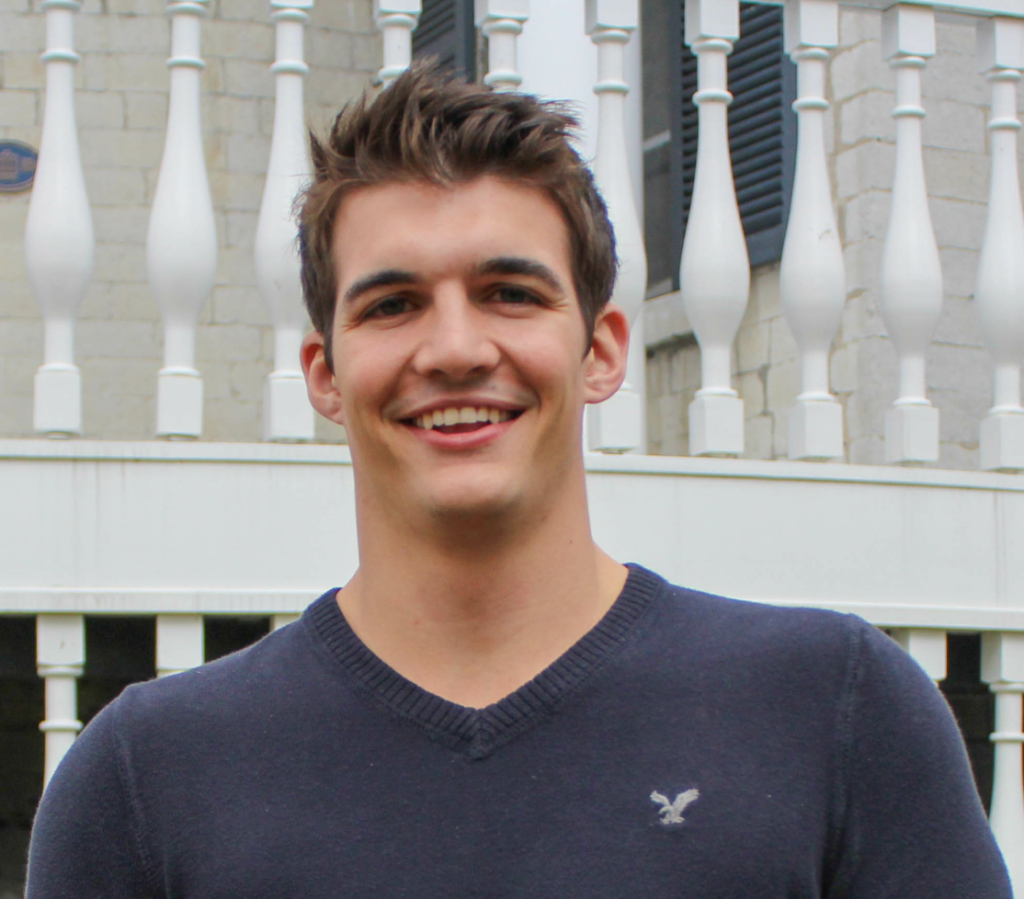
Mike Fisher
Volunteer Coordinator of Communications
Mike earned his Bachelor of Science at Queen’s University specializing in neuroscience, and is a recent graduate of the Master of Science in Rehabilitation Sciences at McMaster University where he studied how concussion affects sleep quality in children and adolescents. He has been involved with several organizations and projects to educate the public about concussion safety and injury management, aiming to reduce the incidence and long-term effects of concussion in the community. As an athlete, Mike has many personal experiences with concussion suffered from hockey, rugby, and dirt biking. Mike is happy to be working with such caring people for an amazing cause and hopes to make an important difference in the lives of people who are often overlooked and suffer in silence.,
03.
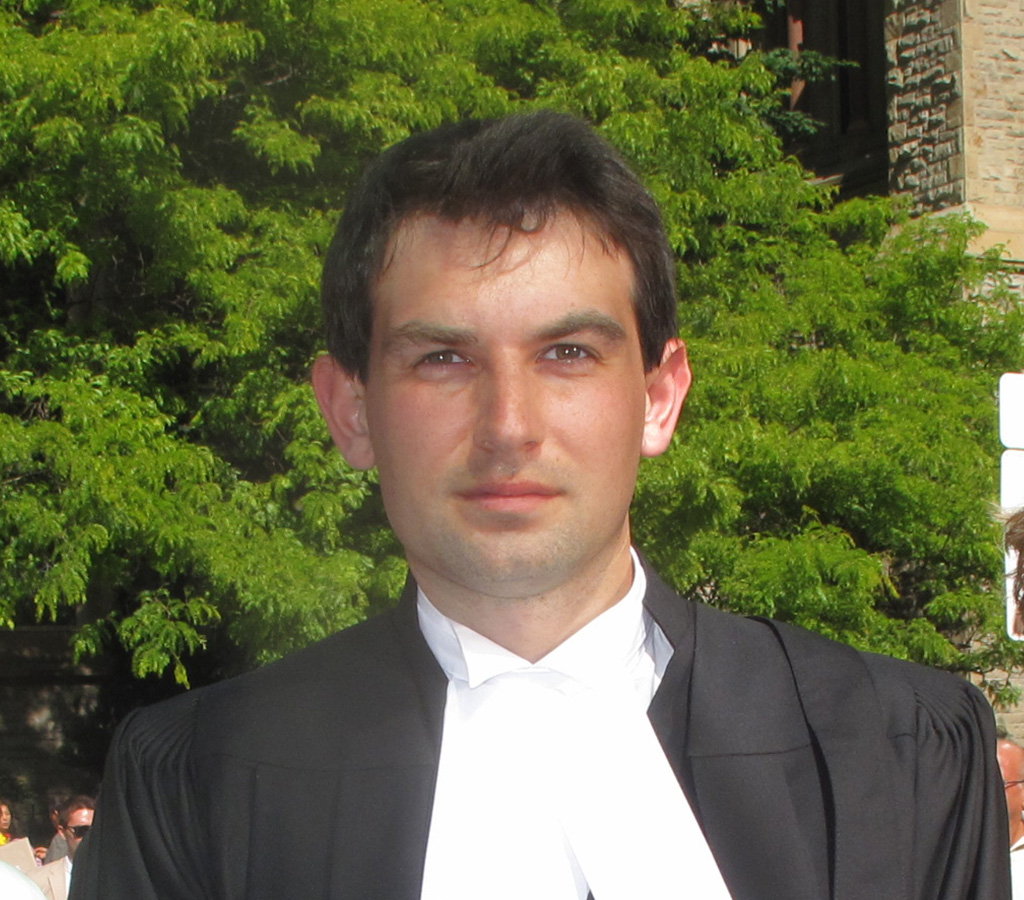
Matthew Eaton-Kent
Matthew is the principal barrister at Eaton-Kent Law and focuses on criminal defence trials and appeals, as well as panel work for the Office of the Children’s Lawyer. His practice is located mainly in Southern Ontario and Nunavut. In conjunction with his practice, Matthew was also formerly the Resource (Policy) Coordinator for the Cross-over Youth Project, a judicial reform pilot project at Ryerson University, funded by the Canadian Federal Department of Justice focused on reducing adult recidivism by youth with involvement in the child welfare and youth criminal justice system. He also presents and leads seminars on youth justice and child’s rights both in Canada and internationally, including in the UK, Armenia and Turkey. Matthew does additional policy work including consulting on judicial reform initiatives for the Traumatic Brain Injury Youth Justice Project at McMaster University (funded by the Ontario Neurotrauma Foundation), and the Brain Injury Society of Toronto.
04.

Katie Almond
Katie has been working in the criminal justice system for 36 years, 32 of which have been as a Probation and Parole Officer with the Ministry of the Solicitor General. For 19 years, she has worked with a client population that is marked by poverty, homelessness, mental illness, physical and developmental disabilities, and polysubstance use.
During the course of her career, she has been involved in the development of extensive community networks and collaborative initiatives. She is the Co-Chair of both the Downtown Toronto, and Provincial Human Services and Justice Co-ordinating Committees. In addition, she is a member of member of the Board of Sound Times Support Services; CMHA Toronto; the Community Justice Court Initiative Committee (with MAG); the Discharge from Court/Red Envelope Committee; the Client Mental Health Strategy/P&P committee; the CAMH Constituency Council; the Advisory Committee for the Criminal Justice and Developmental Disabilities Project; and the Acquired Brain Injury and Mental Health Advisory Committee; and a number of research projects examining the impact of COVID-19 on correctional clients.
Katie holds a Bachelor’s degree in psychology (Honours) and a Master’s Degree in Education. Ms. Almond is a person with lived mental health experience, who is committed to effecting positive change for her clients, and colleagues.
05.

Ruth Wilcock
Ruth has worked in the community services field for over 30 years. She is the CEO of the Ontario Brain Injury Association (OBIA) and has been with the organization since 2004. Prior to joining OBIA, Ruth served for 13 years as the Executive Director of a long-term residential drug and alcohol rehabilitation facility. Ruth is also a Registered Psychotherapist. Ruth has and continues to serve on numerous committees for special projects and research by representing the needs and concerns of those living with acquired brain injury.
06.
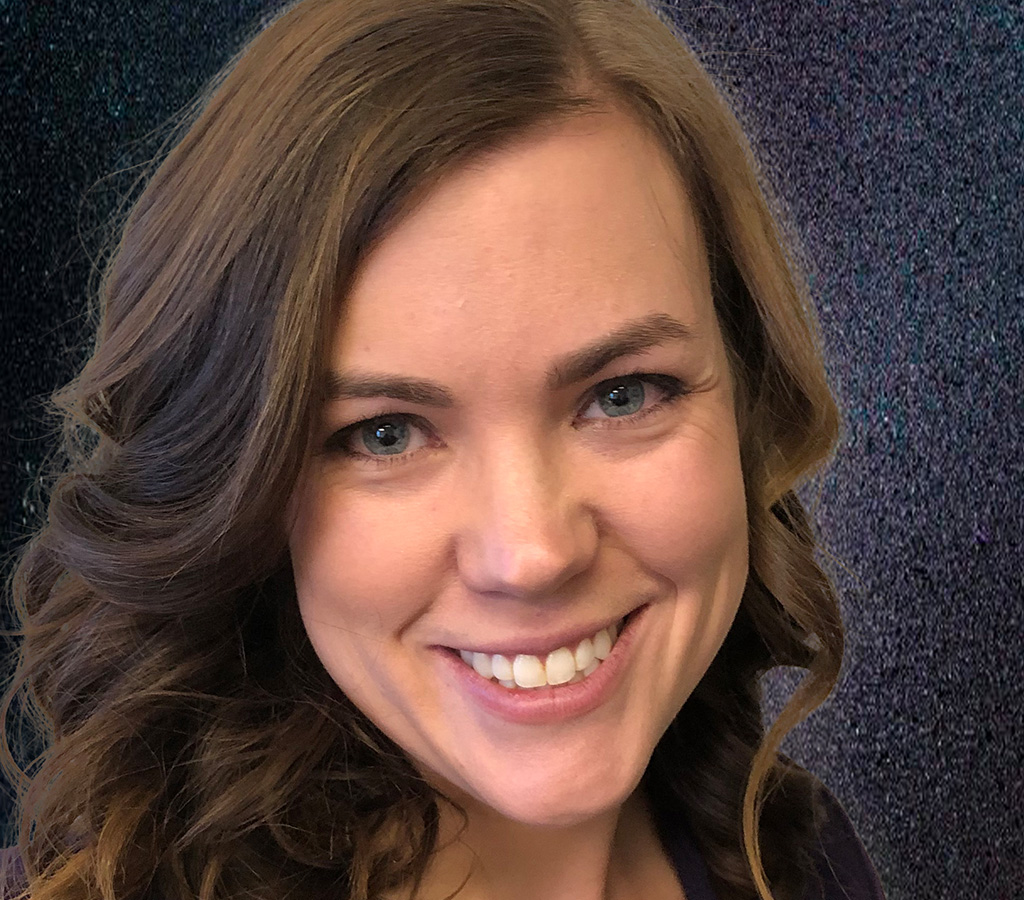
Lauren Hough
Lauren has been working in the disability field for 10 years. Her role at OBIA is Assistant Director of Outreach and Programs. Lauren is very passionate about raising awareness about brain injury and improving the quality of care received by those recovering from an acquired brain injury. She has recently completed her Masters of Applied Disability Studies at Brock University.
07.

Liane Brown
Liane has practised law with Oatley, Vigmond LLP since 2013. Her practice concentrates on personal
injury law, including accident benefits, motor vehicle collisions, medical malpractice, occupiers’ liability,
product liability and wrongful death cases.
Liane is a member of the Ontario Trial Lawyers Association and the Advocates’ Society. She serves as a
member on the Steering Committee for the Compassionate Justice Fund, which provides much-needed
rehabilitation funding for Ontario residents who have suffered traumatic brain injuries, and are from
underserved and marginalized communities. She also serves as a member on the Tender Hearts Gala
Committee, which raises funds for the Season’s Centre for Grieving Children in Barrie.
Outside of her law practise, Liane enjoys keeping fit and active, travelling and spending quality time with
her husband and two children.
08.
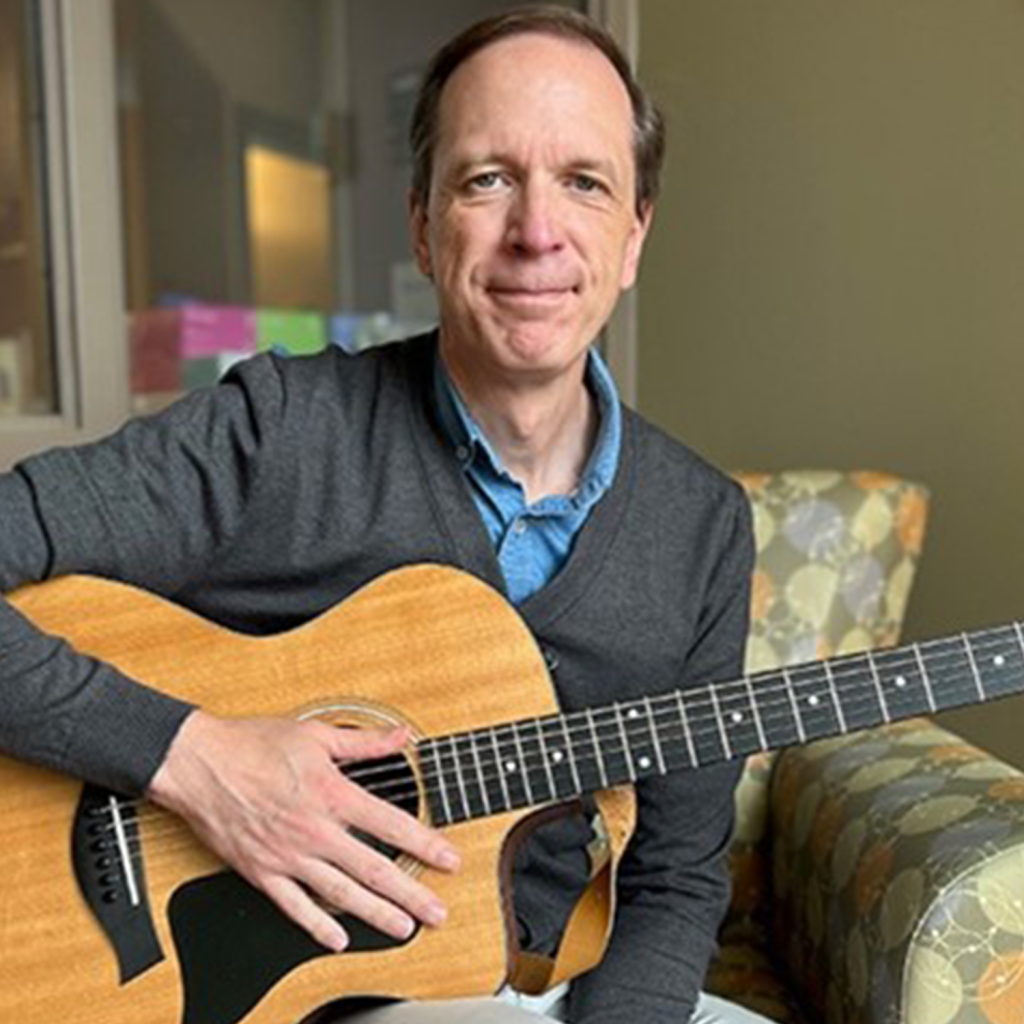
Paul Asselin
Paul Asselin is a Registered Social Worker who dedicated over 30 years to the Brain Injury Rehabilitation Program at Toronto Rehab, part of the University Health Network. Throughout his career, Paul supported individuals recovering from strokes and other forms of brain injury, along with their families, providing guidance and compassion during challenging times.
In addition to his clinical work, Paul has extensive experience delivering Cognitive Behavioral Therapy (CBT) workshops to diverse audiences, including probation and parole officers, foster parents, and healthcare workers. A lifelong learner, he has served as a graduate-level field instructor for the Factor-Inwentash School of Social Work at the University of Toronto, helping shape future social work professionals.
Hope has been a central theme in Paul’s career. He has led various research projects on hope and was instrumental in developing the Peers Fostering Hope Program through March of Dimes Canada. After 32 years at Toronto Rehab, Paul retired in June 2024 to pursue his other passion: writing and recording music in his home studio.
09.

Nikki Plant
10.

In Memoriam:
Carol DiSalle
Carol DiSalle
Carol DiSalle was an inaugural and dedicated member of the Compassionate Justice Fund Steering Committee who was fuelled by a passion for helping those with brain injury, and a desire to improve care for all. She was a highly experienced speech language pathologist who worked in the field of brain injury rehabilitation across her career that spanned over 20 years. Based in Sudbury, Carol was the Health Sciences North Regional ABI Clinician and her knowledge of services and her advocacy were invaluable in our quest to support CJ Fund recipients from Northern Ontario. She brought her extensive clinical and systems knowledge to numerous regional and provincial ABI committees and initiatives. On a personal level, Carol was a beloved colleague and friend who touched all who knew her. She is deeply missed.
